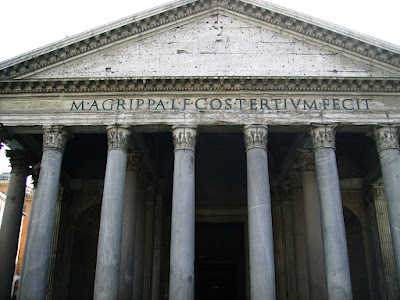The sequel to The Fifth Child.
Ben is a freak, a genetic throwback, a Neanderthal. When he was born into a 'perfect family' in England, the arrival of this weird, often violent little boy alienated and frightened his family and drove them apart. His childhood signified the destruction of the relationships of all those around him. He ended up truanting from school and running away from home, seemingly destined to a life of crime.
But this book is mostly from Ben's perspective. Rather than being afraid of Ben's innate violence, we understand that he is alone and terrified. He is a wild man who doesn't understand human society and certainly doesn't fit in. He is exploited by a variety of men and consoled by a number of women. In this book, the reader learns to empathise with the bogeyman.
Lessing understands what people mean when they talk to one another, and what they mean when they communicate without words, through tone of voice, posture and the way they look at one another. She understands each of the characters in this story and her writing is so good that the reader is made to understand them too.
The story is narrated from a distance and using multiple third-person perspectives; the plot is driven by the characters and the ending is psychologically inevitable but still gripping.
As a sequel it is very different from the first book but it is utterly complementary in those differences so that the two books make a tragic but coherent whole.
Selected quotes:
- "He was a controlled explosion of furious needs, hungers and frustrations." (p 12)
- "Her education had taught her that truth, scientific truth, was more important than anything else: you could say that her education had as much religion in it as Teresa's." (p 121)
- "the luck without which nothing can succeed, even for brave and resourceful souls." (p 125)
- "Ben was letting out now short choking sounds, but those tears were not spilling out because of a heavy-weighted heart, but because he was too happy to bear it, and he got up and began a stomping dance around the room, letting out short barking roars which the two observers knew meant that a lifetime's sorrow was being dissolved away." (p 126)
- "Not only Ben, but Teresa too, must be feeling oppressed by the rich clever world where people could leap off into air under umbrellas and feel safe, because their lives had always been safe." (p 129)
- "He had not been thinking, and what he had achieved was something so bad he had not begun to measure it." (p 131)
- "The crackling brilliance overhead had moved its patterns, and star shadows had reached out across the bare space." (p 173)
Also by Doris Lessing and reviewed in this blog:
Afterlives
The View from Castle Rock
The PassportDoris Lessing (2007)
The Golden Notebook
Ben, in the World
Chronicle of a Death Foretold
The Victim
The Train was on Time
Death in Venice

